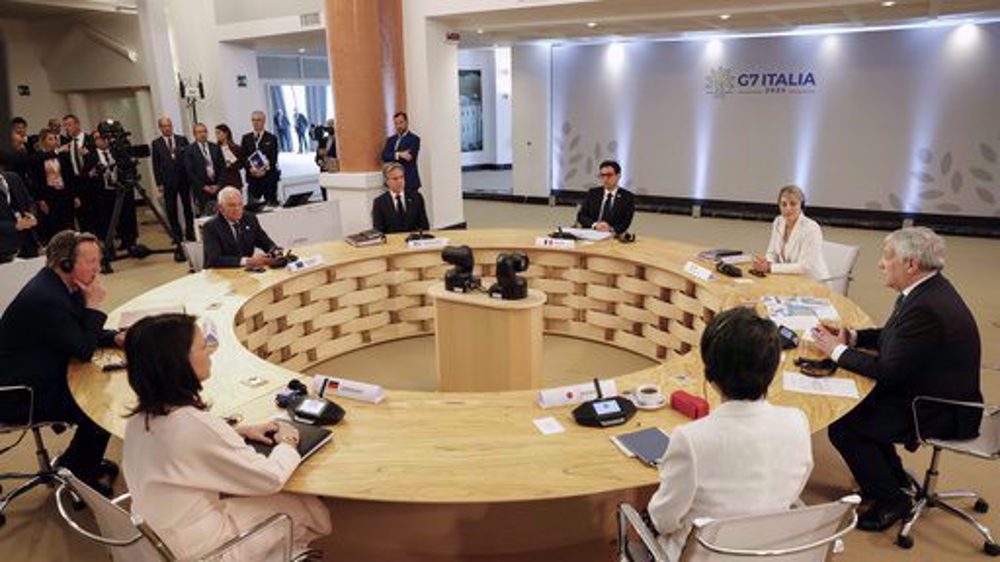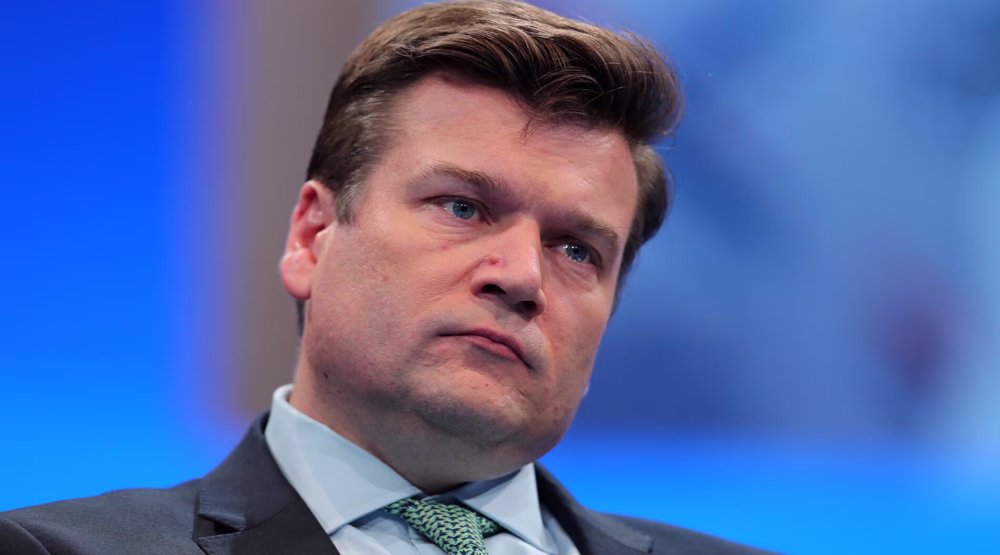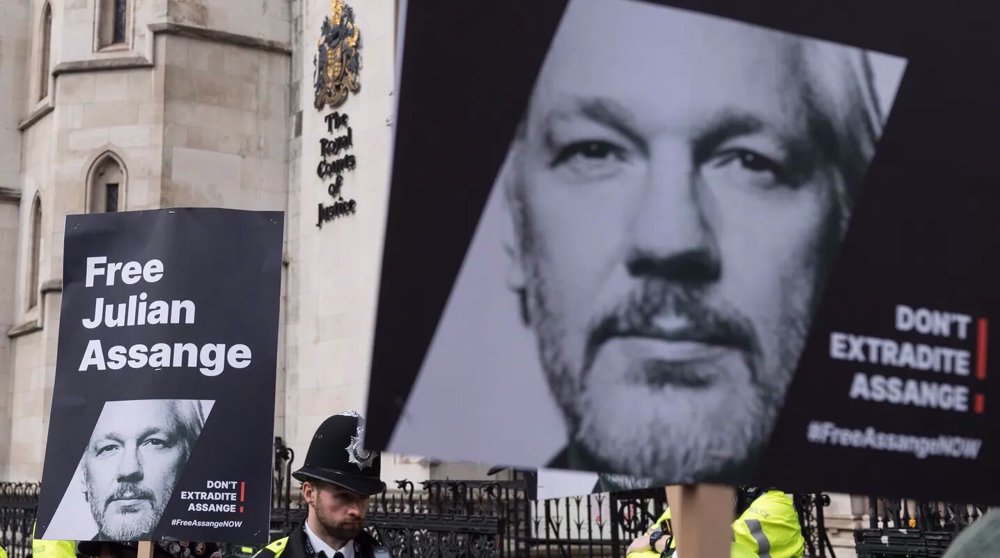British health secy. in talks with junior doctors to settle disputes
With less than a week before a major strike by junior doctors, the British health secretary has launched negotiations with the union to avert a chaos at the National Health Service (NHS).
Jeremy Hunt and junior doctors began talks on Thursday in an attempt to settle their disputes in including the proposed new contract.
“My strong preference is to get round the table and agree with the BMA [the British Medical Association] how we do so in a way that you consider fair, and we are willing to listen and negotiate on any concerns,” Hunt said in a statement.

The first face-to-face discussions in 13 months between representatives of BMA and NHS Employers and Department of Health civil servants will be overseen by officials at the Advisory, Conciliation and Arbitration Service.
Hunt made u-turn a week after doctors announced three days of strikes. An overwhelmingly 98 percent of almost 28,000 medical trainees favored industrial actions on December 1, 8 and 16.
Under the plan, doctors will conduct a 24-hour strike next Tuesday, providing only emergency care. But they will on full walkouts on the later strikes, threatening mass disruption. Hunt had condemned the move as “totally unwarranted”. Patient groups also warned that lives could be put at risk.

But, as things stand, the first walkout in the history of the NHS is still set to go. The BMA said the walkout would proceed as planned unless Hunt drops his threat to impose a contract if the two sides could not thrash out an agreement.
“It is encouraging that Jeremy Hunt has made a significant shift in accepting the BMA’s offer of conciliatory talks, finally recognizing that trust has broken down between junior doctors and the government. Dr Mark Porter, chair of council at the doctors’ union said.
“[If] a group of workers are organized, they do have the option of strike action and this is the most effective course of action. In the case of junior doctors, it’s not just about their condition including the fact which is not usually understood but when you have ‘chops and changes’ over shift works, physical stresses are immense because your biological rhythms are distorted. But behind junior doctors’ action, there is also the issue of the privatization of the health service,” Rodney Shakespeare, Professor of Binary Economics in London told Press TV.
“This government is going to have to climb down over the junior doctors. It has already climbed down over its outrageous attack on the working poor who are not in a position to strike. And it has also climbed down on another outrageous attack on the police [with budget cuts]”, Shakespeare added.
Porter said the BMA wanted to reach “a collaborative agreement for the benefit of patients and the NHS adding that Hunt must finally remove his threat of imposition in order to defer industrial action.

Junior doctors are qualified medical practitioners who are working while studying for postgraduate qualifications to become consultants or general practitioners.
Last month, some 20,000 doctors hit the streets of London to denounce the proposed contract, which they say is aimed at cutting their pay and forcing them to work for more odd-hour shifts. They are also opposed to the government’s offer of 11-percent wage hike on normal shifts.
VIDEO | Iranians hold nationwide demos in support of IRGC
Syria condemns US veto of Palestine UN membership resolution
Iraqi resistance forces hit Israeli Ovda air base
Hackers break into Israeli military’s computers, access trove of documents
Tulkarm Brigade commander killed by Israeli forces in raid on refugee camp
Zionist media desperately trying to turn Israeli defeat into victory: Iran
VIDEO | Press TV's news headlines
Iran censures US veto of Palestinian request for full UN membership










 This makes it easy to access the Press TV website
This makes it easy to access the Press TV website